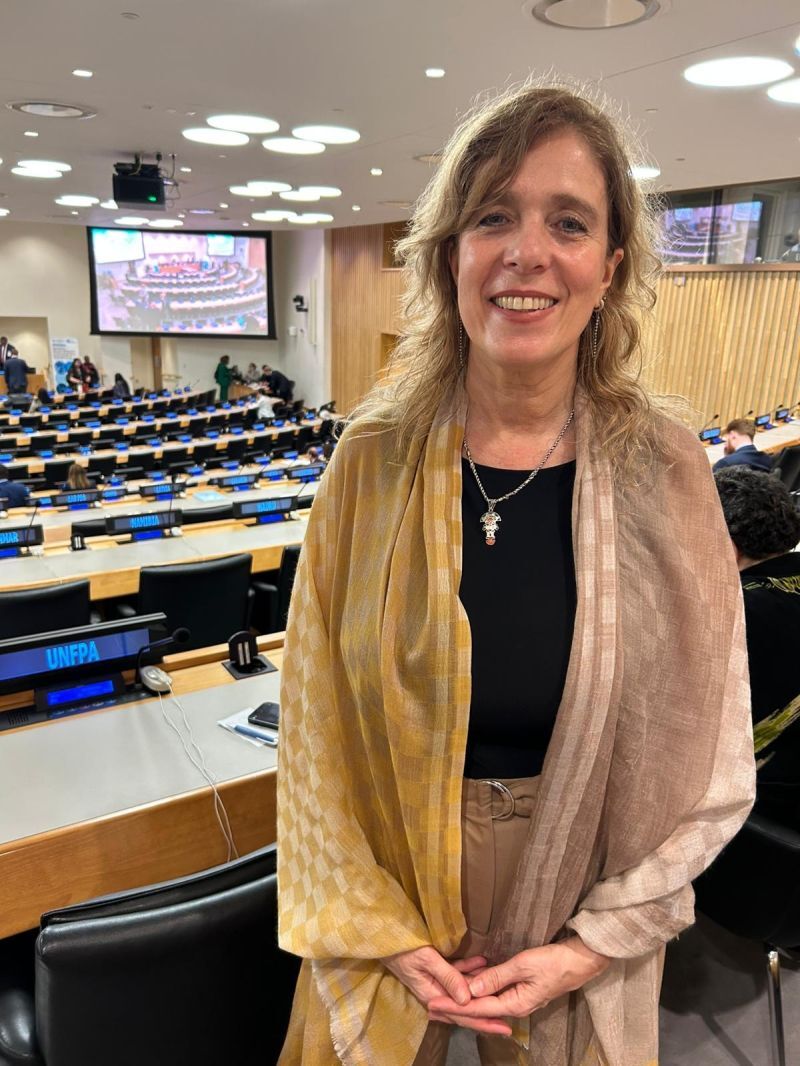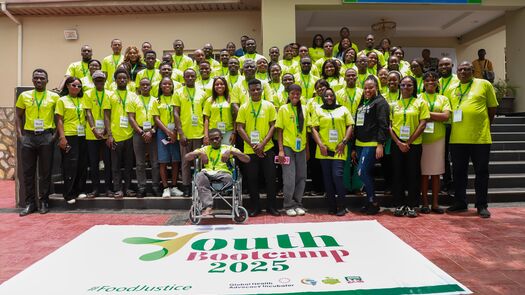November 25, 2025
September 25, 2025
Statement to the UN High-Level Meeting on the Prevention and Control of Noncommunicable Diseases and the Promotion of Mental Health

The Campaign for Tobacco-Free Kids and its Global Health Advocacy Incubator commend the governments gathered today for reaffirming their commitment to reducing the intolerable and unnecessary burden imposed by noncommunicable diseases (NCDs). As an organization that uses the power of locally-led advocacy to reduce preventable deaths and to improve health at scale by changing policies and strengthening systems, we recognize that our success delivering on the commitments being made in this building will depend on effective policy development and implementation in every country. To that end, we offer three recommendations:

- Fully engage civil society. Through our support of civil society organizations and advocacy movements in more than 40 countries to pass public health policies that save lives, reduce disease and prevent injuries, we understand the indispensable role that civil society plays in planning, helping develop and adopt, and implementing necessary policies. Government action does not take place in a vacuum; it is strengthened by the evidence, input, demand, technical assistance and accountability mechanisms provided by civil society. For all of these reasons, civil society participation must also be included formally and consistently throughout UN processes, including the implementation and follow-up mechanisms of the political declaration.
- Expand the fiscal space for NCDs, including through health taxes.
- Health taxes are a double win: they improve health by reducing the consumption (and associated costs) of health harming products and they raise funds for governments, which in turn can be used to address public health. Advocacy is critical—for building political will to implement health taxes as well as to counter the influence of industries that have a vested interest in blocking or overturning these policies.
- Domestic resource mobilization is crucial for country ownership of health systems and budgets that are predictable, reliable and sustainable. Multi-stakeholder engagement can help build political will and public support to ensure that budgetary allocations to NCDs are proportionate to their economic and health burden.
- Protect public health policymaking from health-harming interests and enact evidence-based regulations of health-harming products. It is time to move beyond blaming individual consumers and to address the commercial determinants of health. As we have documented in multiple reports, health-harming industries like ultra-processed product manufacturers have a global playbook, based on tactics developed by the tobacco industry, to prevent and undermine public health policies that threaten their profits. Countries must enact strong conflict of interest rules to prevent that playbook from slowing progress on NCDs.
The political declaration itself is a reminder of these hard-won lessons. The endorsement of health taxes was deliberately weakened as a result of industry pushback, and the reference to sugar-sweetened beverages, a major driver of diet-related NCDs, was removed entirely. These are yet more examples of why strong advocacy will be required to meet global objectives on NCDs.



